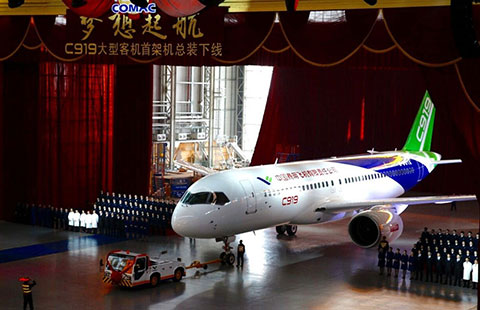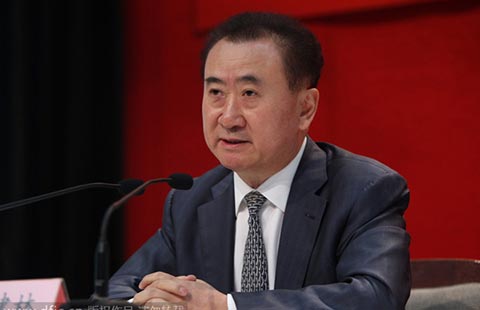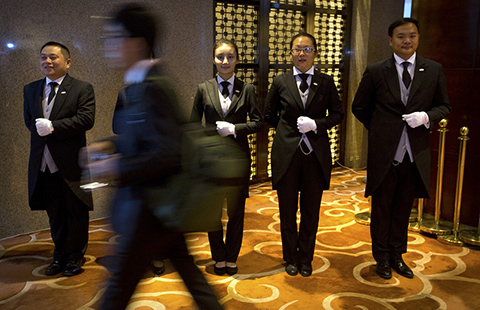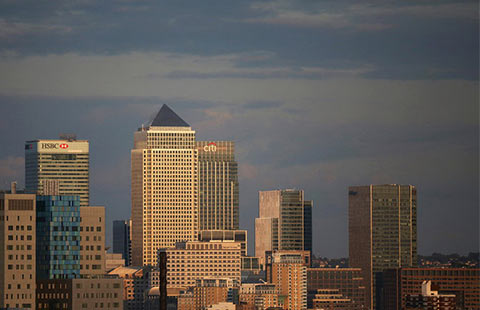UBS: Index can rebound to 2600
By Chen Jia (China Daily) Updated: 2012-07-12 09:19
Dropping consumer prices, business profits may affect investor expectation
The Chinese stock market could rebound in the second half of this year, but only after further loosening of monetary policies, according to the head of China equity strategy at UBS Securities Co Ltd, Chen Li.
However, the continually decreasing growth rate of consumer prices and sharply dropping business profits may still influence investors' expectations.
Chen said on Wednesday that further loosening of monetary policy could bring the Shanghai Composite Index - which tracks the biggest Chinese company stock prices - back up to 2600 points by the end of this year.
But the market will only rebound if monthly new loans increase by more than 600 billion yuan ($94.25 billion) in the next six months, the interest rate for medium- and long-term lending declines to lower than 7 percent, and financing policies for local governments and property developers are loosened, according to Chen.
"If the stock market slightly rebounds in the next two quarters, I expect the index can give a return of 15 percent," he said.
The Shanghai Composite Index climbed 0.5 percent to close at 2175.38 on Wednesday, ending a two-day falling of 2.7 percent.
So far this year, the index has dropped 1.1 percent, breaking a previous 12 percent rise.
It reached its lowest level since Jan 6 at Tuesday's close.
According to statistics released by Wind Information Co Ltd, the leading provider of Chinese financial data, in the first six months of the year, newly listed companies raised a total of 70 billion yuan, the lowest level since 2009, compared with 212.8 billion yuan in the first half of 2010 and 160.7 billion yuan in the first two quarters of 2011.
Weakened global market demand and China's slowing economic growth have considerably added pressures on the country's stock market, hitting investor confidence, analysts said.
To curb the faster-than-expected economic slowdown, the People's Bank of China has cut benchmark interest rates twice since June.
The weakened profitability of Chinese companies amid the sharply decreased growth rate of consumer and industrial prices is adding investor concern into the second half.
In June, the country's consumer price index, the main gauge of inflation, declined to a 29-month low of 2.2 percent, while the producer price index showed industrial deflation in the fourth month of 2.7 percent, according to the National Bureau of Statistics.
"This year's lowest CPI may be seen in October, and the lowest PPI may show in December," Chen said.
"The full-year estimated return rate of the mainland stock market may be 9 percent, with the estimated profit expected to be raised to 12 times from the third quarter," he added.
chenjia1@chinadaily.com.cn
- Domestic airplane makes its debut
- New plane seen boosting Chinese aviation industry
- HSBC plans JV with Shenzhen Qianhai
- Equities decline on weak factory data
- Over 40% of China's online sales counterfeit, shoddy: Xinhua
- China's CNNC may buy into French nuclear company
- Air China makes maiden flight to Ethiopia's capital
- New HP Enterprise sees big opportunity in China















